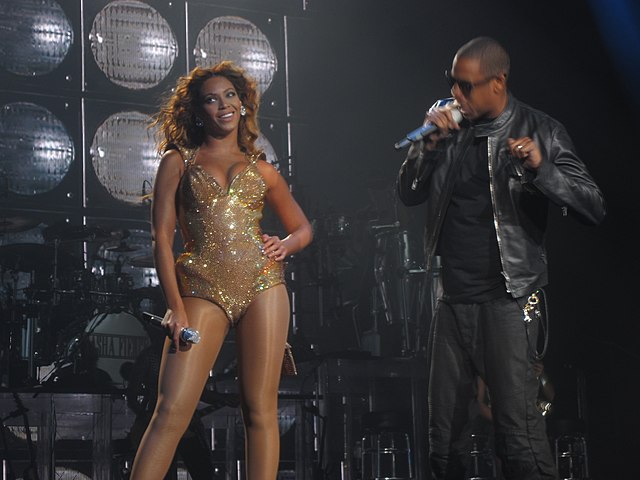So, nowadays, the modern man is expected to be kind, sensitive, open, expressive, loving, and balanced.
But, how does this arise when the initial education on how to be male is one of ritualized violence and control?
We don’t often acknowledge the history that leads up to why someone is a certain way. Rather, we like to pretend their current demeanor is chosen and that, therefore, we can tell them to not be the way they are that challenges us so much.
This is what we do to men—regularly.
A man told me yesterday: “The sentence I hate the most in this world is, ‘Man up.'”
So I wonder that if we still tell this to men, how are we supporting them to become softer and to feel? Rather, with phrases like this, we reinforce that the masculine should be tough, stoic, and ignore their own pain, while—at the same time—we request them to transform into more gentle human beings.
Believe me, I tried for years in relationships with men to get them to be more loving, to give me what I wanted, and to be better at communicating by letting them know it was safe to open up.
For me, the result of these interactions was frustration. Men did not respond the way I thought they should or would. What I began to understand though, through research, was that thinking I could successfully commune and work with the masculine using the same model as my feminine upbringing was impossible—at least 90 percent of the time.
When I studied sociology, I learned the term ethnocentric, which means “evaluating other people and cultures according to the standards of one’s own culture.” And in that sense, I was assuming this of female culture—”ours” is more right than “theirs.”
In the scientific world, this is seen as a damaging method of relating, as it means we don’t actually accept the context or environment in which individuals have grown to understand and survive in.
As a woman, I realize we do this to the culture of men.
We don’t acknowledge that the way of men is not so much a choice. It is often a decision for survival, one that is made within a system that asks them to be a certain way in order to become “successful.” It is this way of being that requests men to disown parts of themselves.
When something is a mystery to us—as are so called “men”—it serves us better to educate ourselves as to why something is the way it is, then to immediately judge it. One thing I have been told by males is that they are not only a mystery to women, they are also a mystery to themselves.
This might sound strange. How could people live with themselves everyday and not understand who they are? Well, perhaps it is because there has been a mass brainwashing of a culture into numbness and alienation, and maybe—just maybe—this culture is ours?
Our modern world values money and power the most, right? How does this society convince us of that? It does so through the method of patriarchy. Patriarchy is a mechanism to control and inspire a large group of people (us), to act in a certain way.
As bell hooks, a leading educator, feminist, male supporter, prolific writer, and activist notes, patriarchy is the “right to dominate and rule over the weak and to maintain that dominance through various forms of psychological terrorism and violence.”
So, we want our men to be gentle, whole, and kind, and we wish for there to be equality between the sexes, yet—since we are living inside of patriarchy—we curiously buy into the opposite every day.
In relationships, we ask men to have intimacy with us, but our social systems demand men go out into the world and act like “men.”
We see this in what we are buying—the books, movies, and extracurricular activities that we invest in.
“Modern men” were not birthed out of thin air. They grew from a childhood of being “boys.” As boys, they were trained. They were taught that what was most appropriate was to use their natural creativity and energy to fight.
Look at early male role models, like the Hulk, He-Man, G. I. Joe, and, more recently, the fighters of UFC.
Then, there is the popularization of gangster rap—men who are glorified for living hard, partaking in regular violence, and treating women poorly.
Many believe, including bell hooks, that these role models (gangster rap included), did not come about by accident. In systems of control, like the patriarchy, there is always a greater plan.
The thing about most entertainment and media is that it is put out by a few white, rich, male executives. It is released and promoted to keep men (and women) behaving in specific roles, so that this said, small group of executives can prosper from a culture they easily manipulate.
When I look at my upbringing as a female, I was taught to play house, nurse my Cabbage Patch Kids, and use my creativity to make myself and my surroundings into something appealing.
The underlying message I received from society, as a girl, was that my utmost role was to make sure others felt okay.
We wonder why in relationships women often want to talk about perceived issues to make things “better” and men see this “checking in” as a threat to fight.
Boys were trained for violence. Girls were trained to take care of others.
Perhaps this is why it is so perplexing for the sexes to get along, as the very nature of patriarchy has conditioned us not to.
And so how do we bridge this divide between sexes and allow each human being to be whole?
It’s been said that first we air our cases. We educate ourselves about how there is opposite training between genders, and we choose to have conversations about it.
If we stay ignorant, we have no hope to change. As we become aware of the conditioning we live with, we might harness the freedom and power to evolve.
As a woman, I don’t have to be a caretaker. A man does not have to be a fighter either. So, let’s stop using language, training our children, and buying into the things that are telling us this is so.
By understanding and holding compassion for the place of difference of men, rather then using an “ethnocentric lens,” we choose to hear and see the world that the masculine is coming from.
And, we grow.
~
Author: Sarah Norrad
Image: Wikipedia
Editor: Leah Sugerman
Copy Editor: Callie Rushton
Social Editor: Taia Butler











Read 0 comments and reply